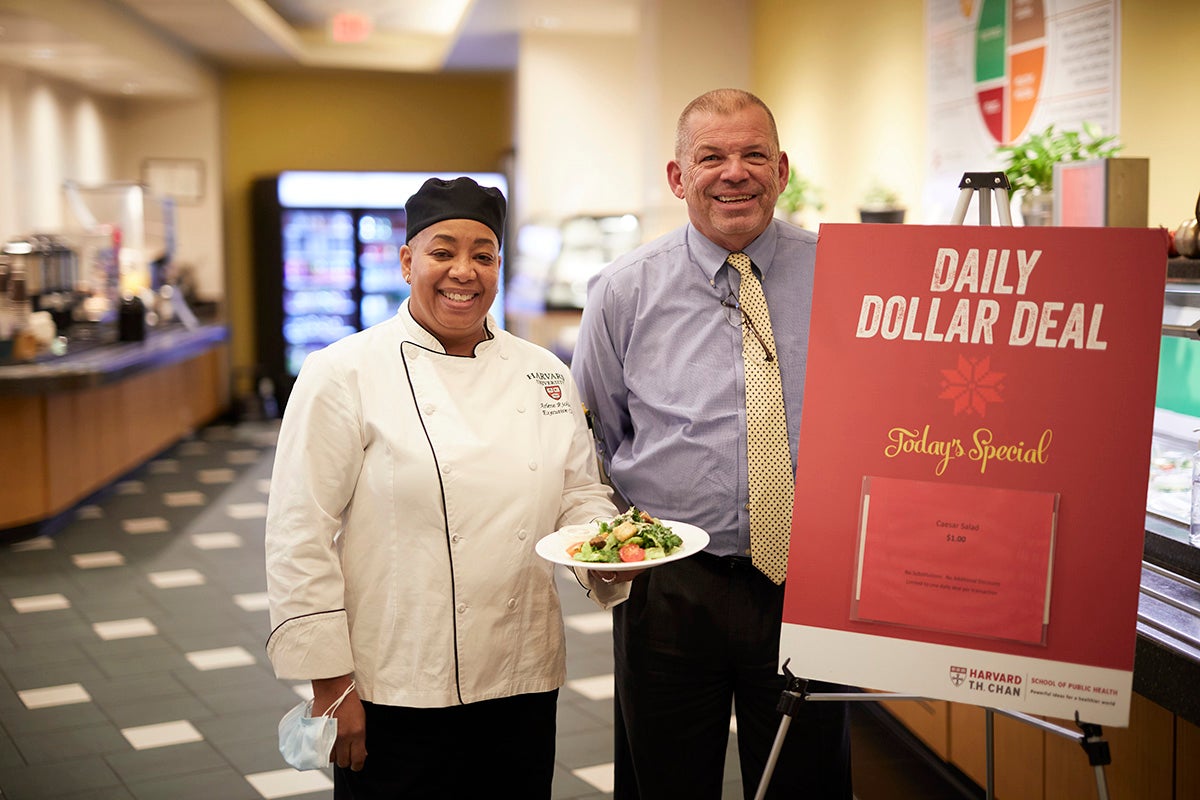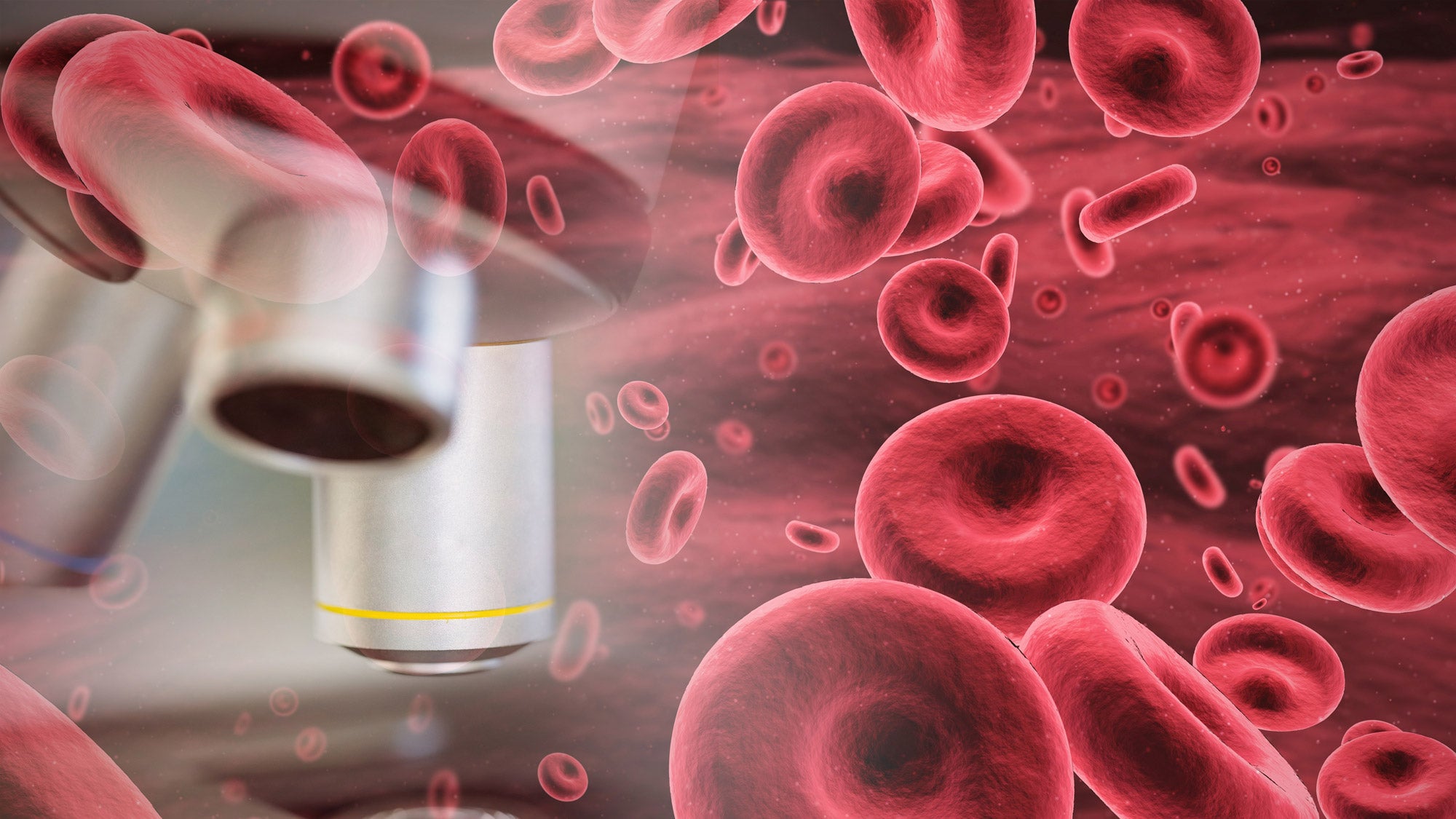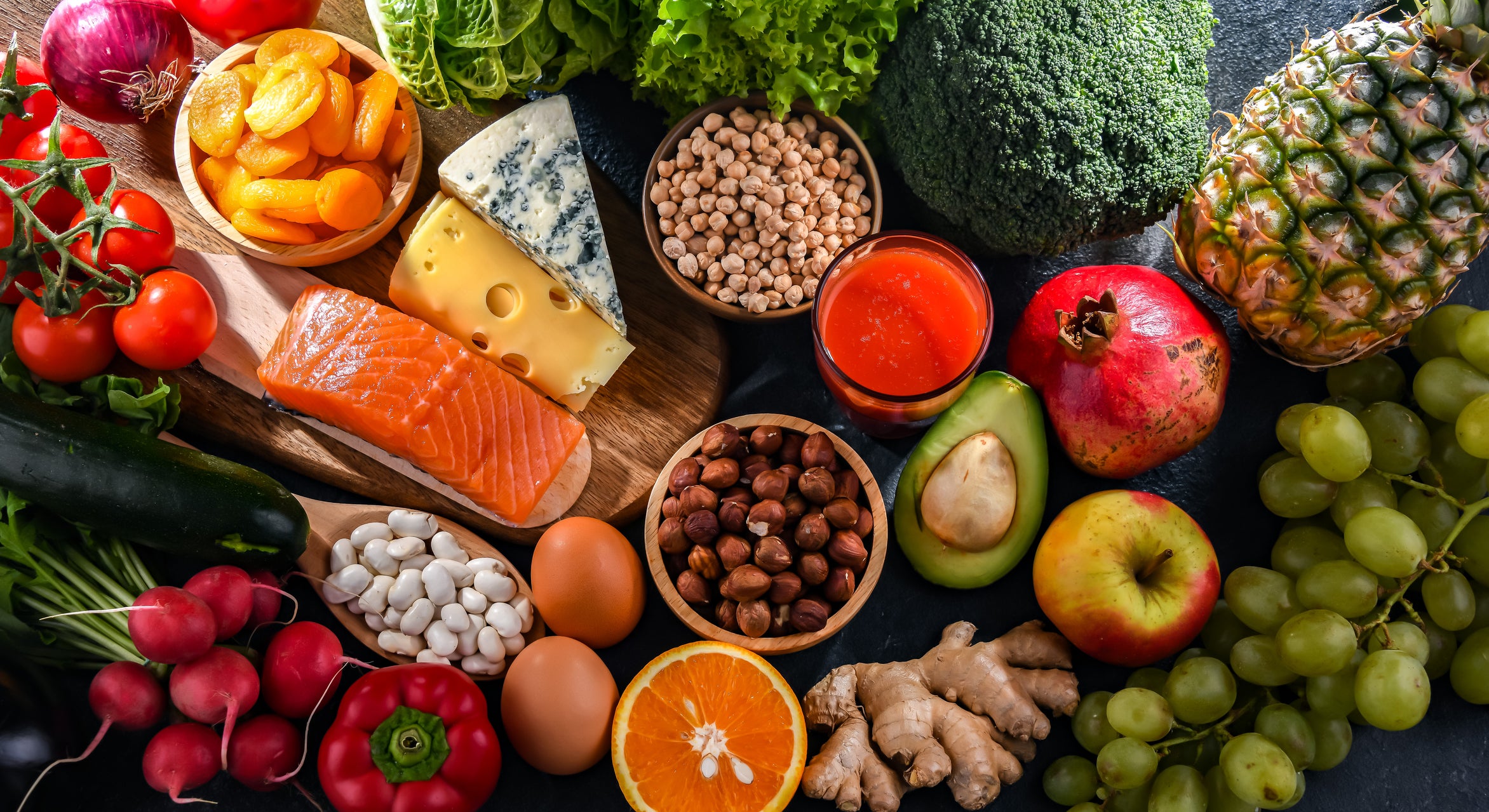Addressing food insecurity in students and postdocs

February 20, 2024 — Food insecurity is a growing concern on university campuses, and Harvard T.H. Chan School of Public Health is no exception. In response, academic and administrative leaders are working to understand the scope of the problem—and to find solutions to ensure that all students and postdocs have adequate access to a healthy diet.
The School first began asking questions about food insecurity in its annual student survey in 2019. Several new initiatives were started to help meet students’ needs, including the Student Hardship Fund, which provides short-term financial assistance for unforeseen or emergency situations, and the popular Daily Dollar Deals at Sebastian’s Café.
Last year, the Dean’s Office funded a study of food insecurity across the three Harvard schools in the Longwood Medical Area, led by Nour Hammad, a PhD student at the Harvard Kenneth C. Griffin School of Arts and Sciences studying public health nutrition at Harvard Chan School, and Cindy Leung, assistant professor of public health nutrition. The study was published February 20 in JAMA Network Open.
In a sample of 1,287 graduate students and 458 postdoctoral trainees, the study found that 17% of graduate students and 13% of postdocs reported experiencing food insecurity at some point during the 2022-2023 academic year. These percentages were higher than federally reported average levels for the U.S. (12.8%) and for Massachusetts (8.5%).
At Harvard Chan School, leading indicators of food insecurity included students and postdocs reporting that they couldn’t afford to eat balanced meals, worried about their food running out, and skipped meals or ate less than they should. Those who experienced food insecurity were significantly more likely to rate their health as poor or fair and to report more severe levels of mental health concerns. Food insecurity was highest among international students, whose visas often limit their ability to work.
“The prevalence of food insecurity on campus was stark. The results showed that food insecurity is related to numerous complex factors, which need to be addressed simultaneously. It’s hard enough being a student or a postdoc, experiencing food insecurity makes it even harder,” said Hammad.
The findings, which Leung presented at a recent School-wide faculty meeting, have amplified concern among Harvard Chan leadership. Access to nutritious food “is such a basic need,” said Maritza Hernandez, associate dean for student services. “And if students are worrying about where their next meal is coming from, that’s going to make it harder for them to focus on their academic work.”
Because much of the School’s endowment is restricted—earmarked for specific programs—there is little room in the budget to expand financial aid. The Office of Development and Alumni Relations has prioritized fundraising for student aid, but the need is substantial: Fully meeting the demonstrated need of all students would require an additional $18 million per year.
There has been some progress in expanding financial support for PhD students and postdocs. Students in PhD programs, which are administered through the Griffin School of Arts and Sciences, will receive annual stipends of at least $50,000 beginning in the 2024–2025 academic year. And the minimum salary for postdocs at Harvard Chan School was recently raised to $65,000 a year, beginning in July.
Harvard’s three Longwood campuses are working together to consider establishing a food cupboard at Countway Library. In the meantime, the Office for Student Affairs maintains a page of resources for students facing food insecurity, and students have organized a WhatsApp group sharing information about events on campus that offer free food.
In the coming weeks, Leung and Howard Koh, Harvey V. Fineberg Professor of the Practice of Public Health Leadership, will offer a workshop to help faculty learn how to identify students who are struggling and to offer help in a way that feels respectful and safe, to counteract any stigma associated with seeking help.
“We understand that food insecurity is intertwined with broader issues of inequality preventing students from meeting their basic needs and aim to provide resources and reduce any stigma associated with seeking assistance,” said Leah Kane, director of student affairs.
Photo: Kent Dayton


